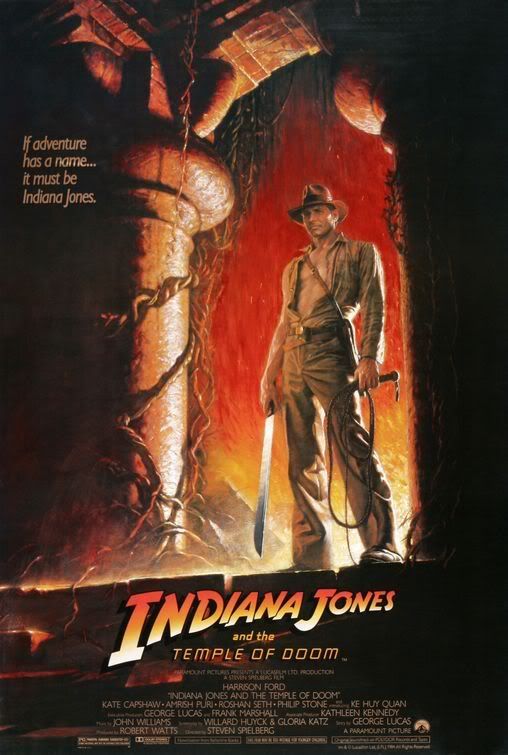- Time
- Post link
One thing I found interesting was Spielberg saying he used CG with a soft touch and that Ford is 60 so he should be more aching and panting in the Indy film--but my biggest complaint about the films is it has too much CG in places and that Indy never feels the blows, he's more superhuman and unharmable than in any of the previous films.
I liked how Lucas says "people will hate the film because they just will, because that happened on the prequels" and then Spielberg says "George speak for yourself"--apparently, Lucas still doens't get that the prequels were criticised because they fucking sucked.
Still, a good read though.

